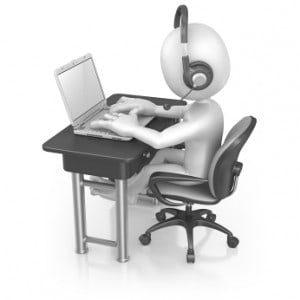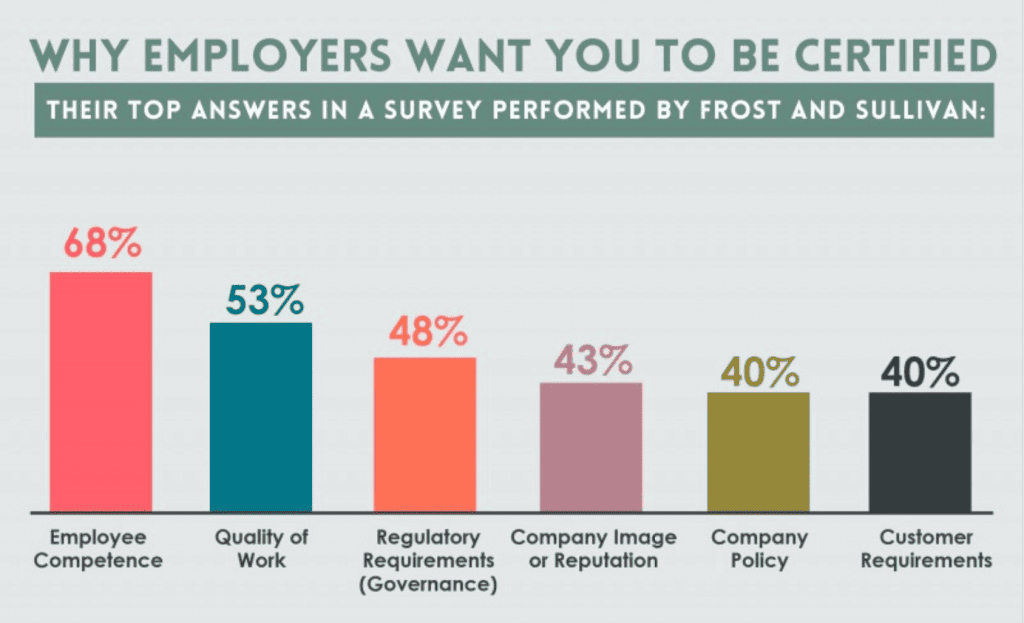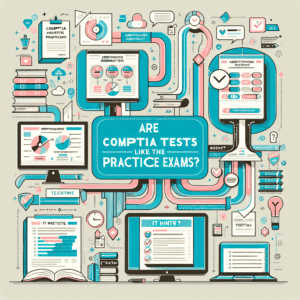Soft Skills in IT and in the CompTIA A+ 220-1002 exam
Updated: 02/18-2021
It’s universally known that creativity, adaptability, and technical expertise are paramount to achieving any sort of success in IT. Increasingly, however, a different set of skills that are equally important to succeed in IT are becoming more and more in demand: soft skills. While IT is an inherently technical field, having the necessary soft skills to work well in teams, communicate effectively, and lead others is incredibly important for any IT professional who’s serious about moving up in the ranks.
CompTIA has long promoted this by including customer service skills in their A+ certification objectives. Even in the introduction of its published A+ exam objectives, CompTIA states: “Successful candidates will also provide appropriate customer support”. Specifically, it is in A+ exam 220-1002 (Core 2) that CompTIA includes these requirements. Under exam Main Domain 4.0 and Sub-Objective 4.7 “Given a scenario, use proper communication techniques and professionalism.” CompTIA lists some 20 line items including among others: Avoiding jargon, acronyms, and slang to cultural sensitivity, listening skills, avoiding arguments, and managing and setting expectations. For the complete A+ Exam Objectives, click here.

In a nutshell, soft skills are the behaviors and personality traits that allow an individual to engage productively with others, form healthy relationships, and communicate their ideas, needs, and desires effectively. Exceptional soft skills translate into readily observable traits such as leadership, teamwork, presentation, negotiation, and reliability.
Given how quickly IT is changing and how utterly competitive the field has become, developing a solid set of soft skills is an excellent means of differentiating yourself from the mass of other IT professionals who boast the same technical skills and expertise as you do. In addition to demonstrable technical knowledge and experience, IT employers are increasingly looking for employees who can work well with others, communicate effectively, and contribute to developing a productive workplace culture via their application of soft skills. Below is a non-exclusive list of skills that will make a difference in any IT career. As you probably won’t hone these skills accidentally, it is with soft skills as with all other skills: To get good at it takes a lot of practice.

Three different types of soft skills, in particular, are particularly sought after in IT:
Negotiation – The ability to negotiate with clients, managers, and fellow coworkers is of utmost importance to any aspiring IT professional. Without effective negotiation skills, prospective clients will be hesitant to work with you and management will never take your ideas and proposals seriously.
Communication – While a lot of IT is servicing computers and experimenting with software, the fact of the matter is that effective written and verbal communication skills are mandatory for sustained success in IT. Without the ability to communicate your ideas and thoughts well and in a manner that resonates, your ideas won’t be actualized, clients will be unsatisfied with your work, and your opportunities for advancement will be greatly hampered.
Teamwork – Sharing knowledge and working in teams is a huge part of IT and having exceptional interpersonal skills will make you the IT professional that everyone wants on their team. Developing the ability to work productively with others as well as assume leadership roles when circumstance demands it will undoubtedly set you apart from others in IT.
Ultimately, soft skills are not innate, they are learned. Developing soft skills is less about you and more about the people you work and interact with on a daily basis; watch and listen carefully to what and how others communicate and tailor your behavior and speech accordingly. Avoiding excessive wordiness, listening to others, and sharing knowledge are easy ways to begin developing your soft skills immediately. Modifying your behavior to make it more conducive to forming productive working relationships will undoubtedly help you differentiate yourself from others and truly excel in IT.
A+ exams 220-1001 and A+ 220-1002 of course cover also all the hardware and software issues you need to master as one of the best customer support skills still remains a fast and successful troubleshooting session. Honing soft skills takes practice but so do the exams. The CertBlaster A+ practice test will help you figure out where you stand in terms of exam preparedness and will give you enough feedback to zero in on the areas you need the most help with.



